Jackson and LifeBlood Australia
In Australia, 31,000 donations are needed every week, that equates to one donation every 24 seconds! One in 3 Australians will need blood in their lifetime, however only one in 30 donates, according to the Australian Red Cross Service. After last year and the continued presence of the coronavirus in our lives, you’ve probably felt a swell in admiration and appreciation for health care workers in all areas. The great news is that we can be a part of their work by providing the products they need to save people’s lives.
Enter Jackson, every few weeks, into his local Australian Red Cross Lifeblood Donation Centre. All the workers know him as a regular, in fact amongst the staff, administering his donation is fought over (in jest) from time to time! Coming up to 3 years after his very first donation, Jackson explains the reason why he booked that first donation and the motivation to continue. “I started because a friend wanted to donate but wanted some support and I joined them during their donation. I found the experience to be fantastic and once I realised it was such an easy and simple way of helping, I couldn’t help but continue to donate when I could. Donating is a way I can continue to support not only those who need my blood/platelets, but I also have friends, who for various reasons aren’t able to donate, so I wanted to be able to donate regularly on their behalf as well.”
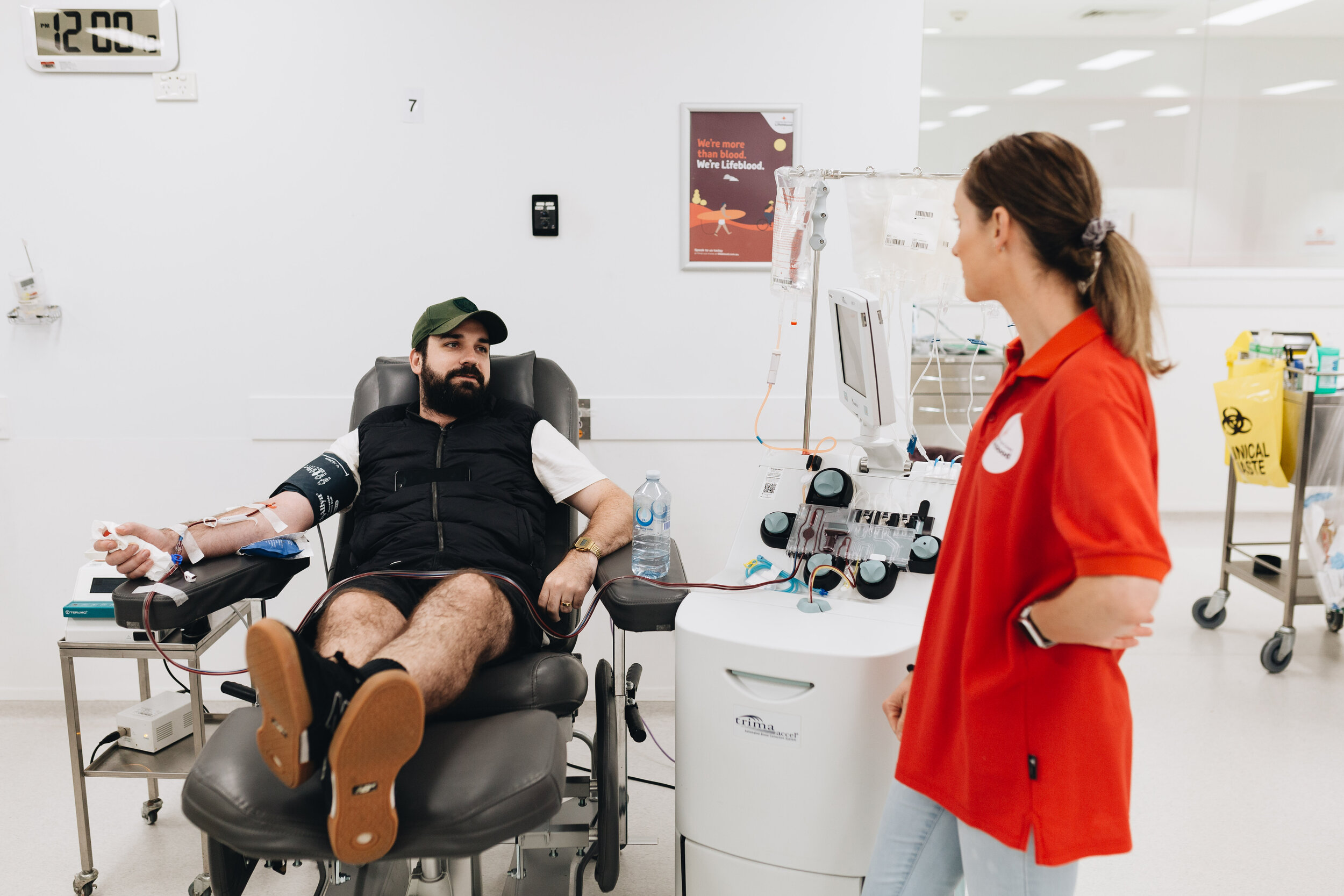
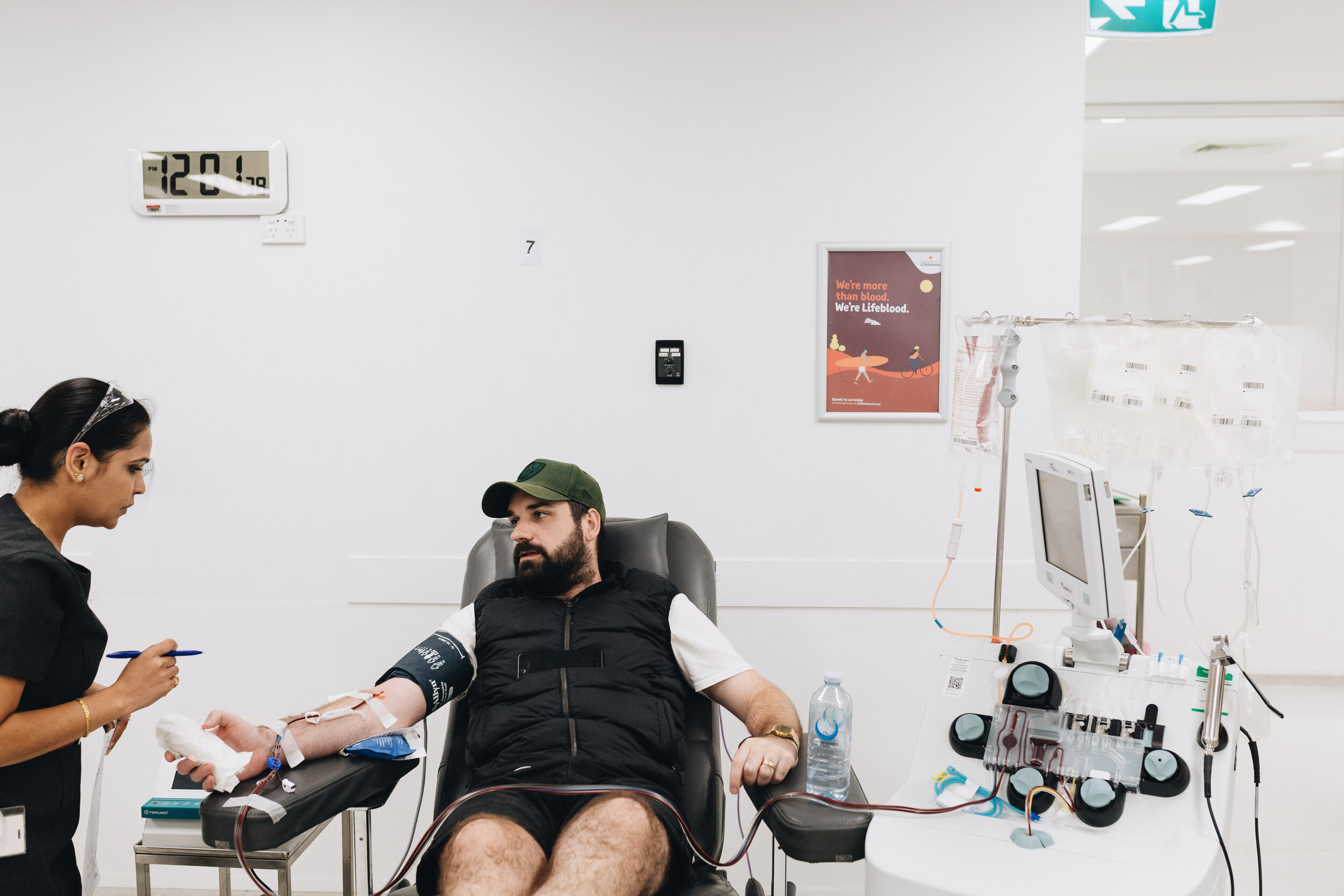
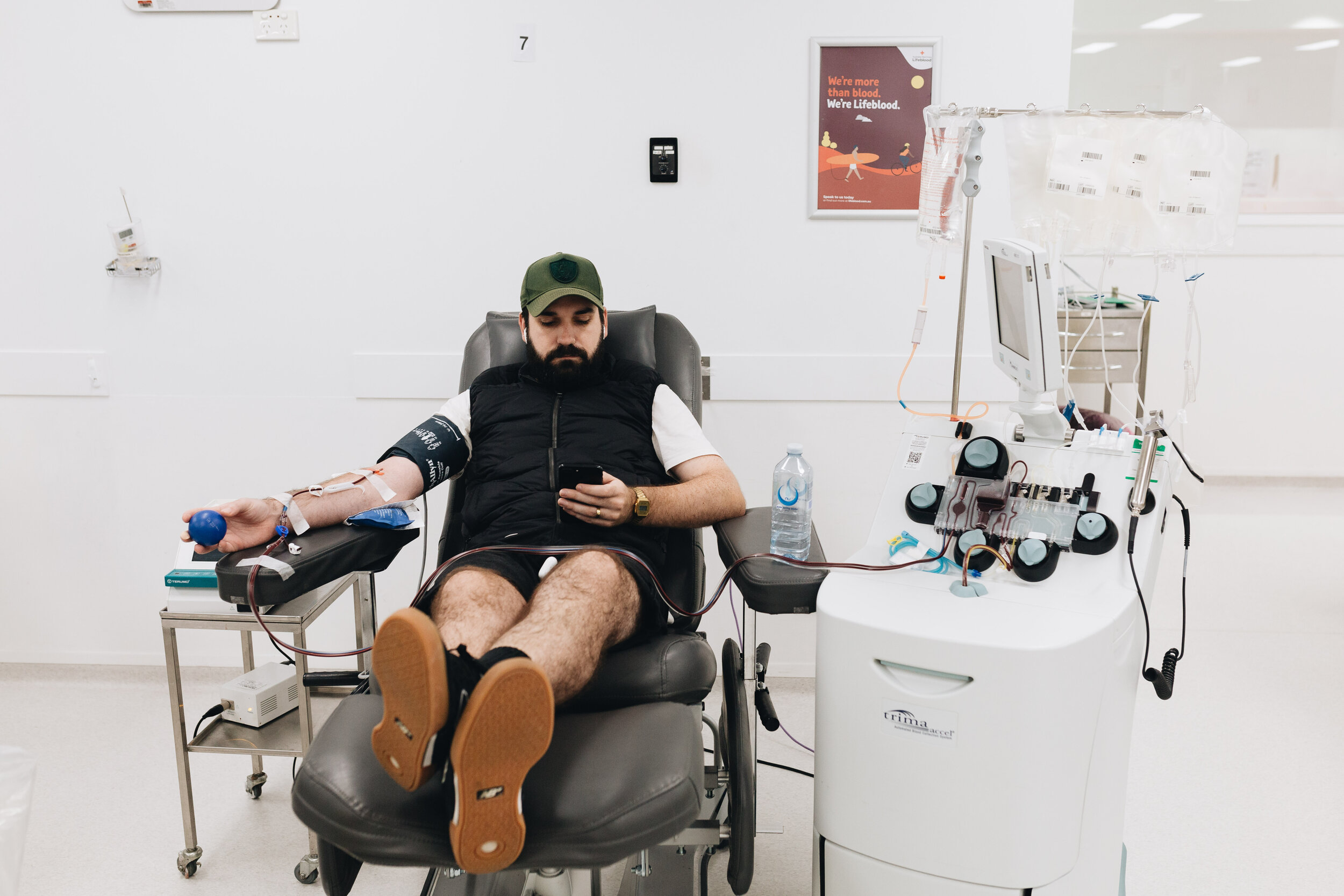
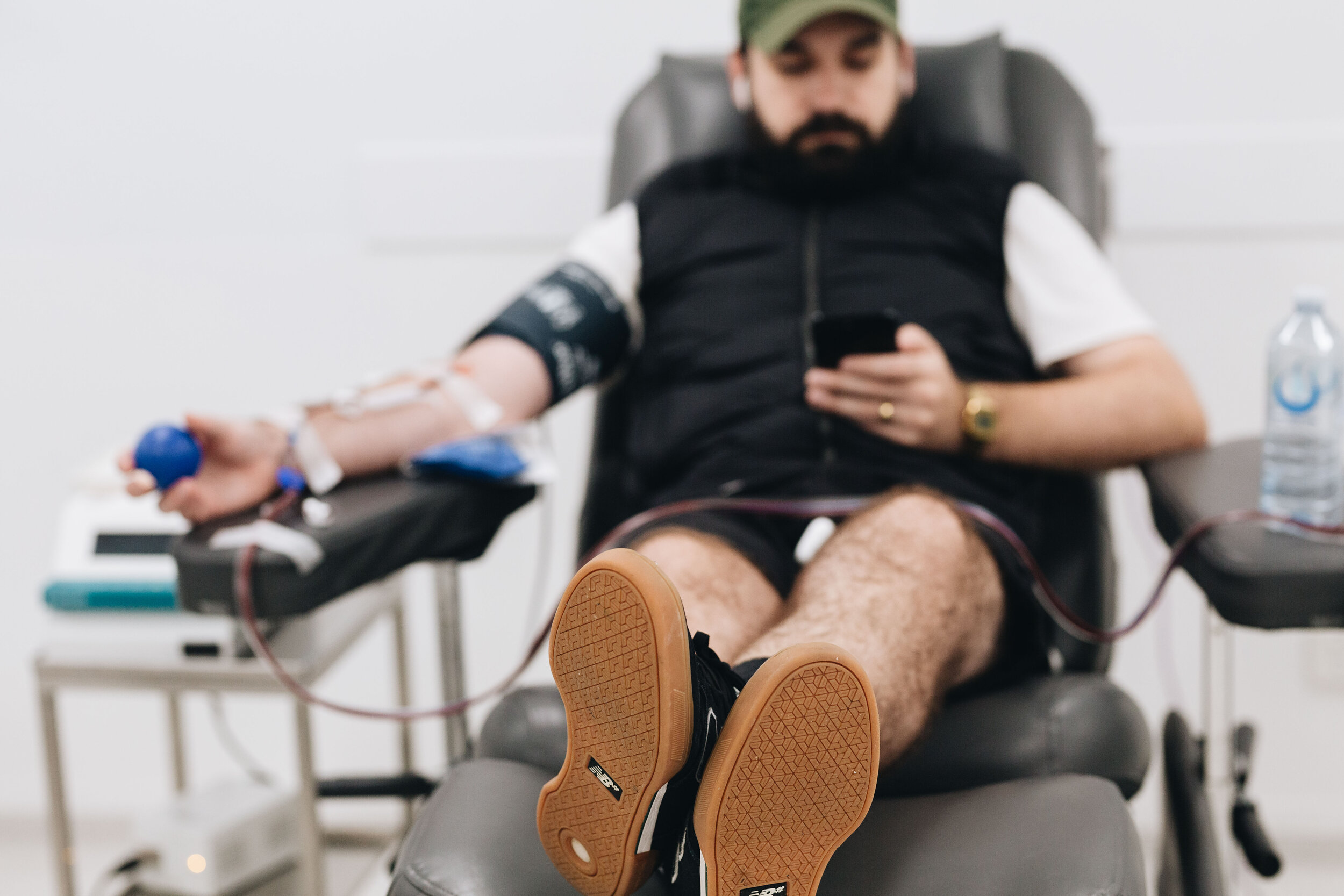
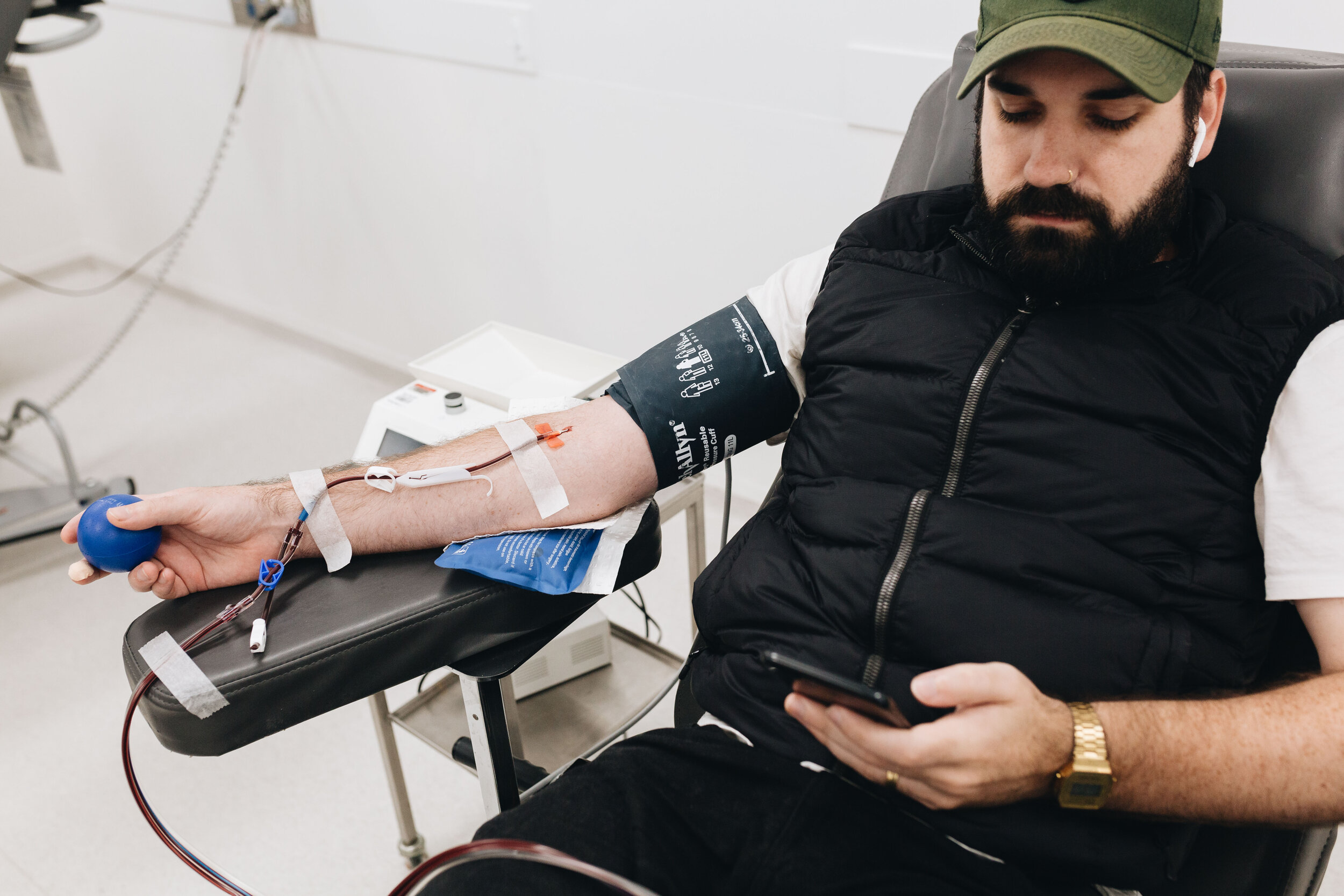
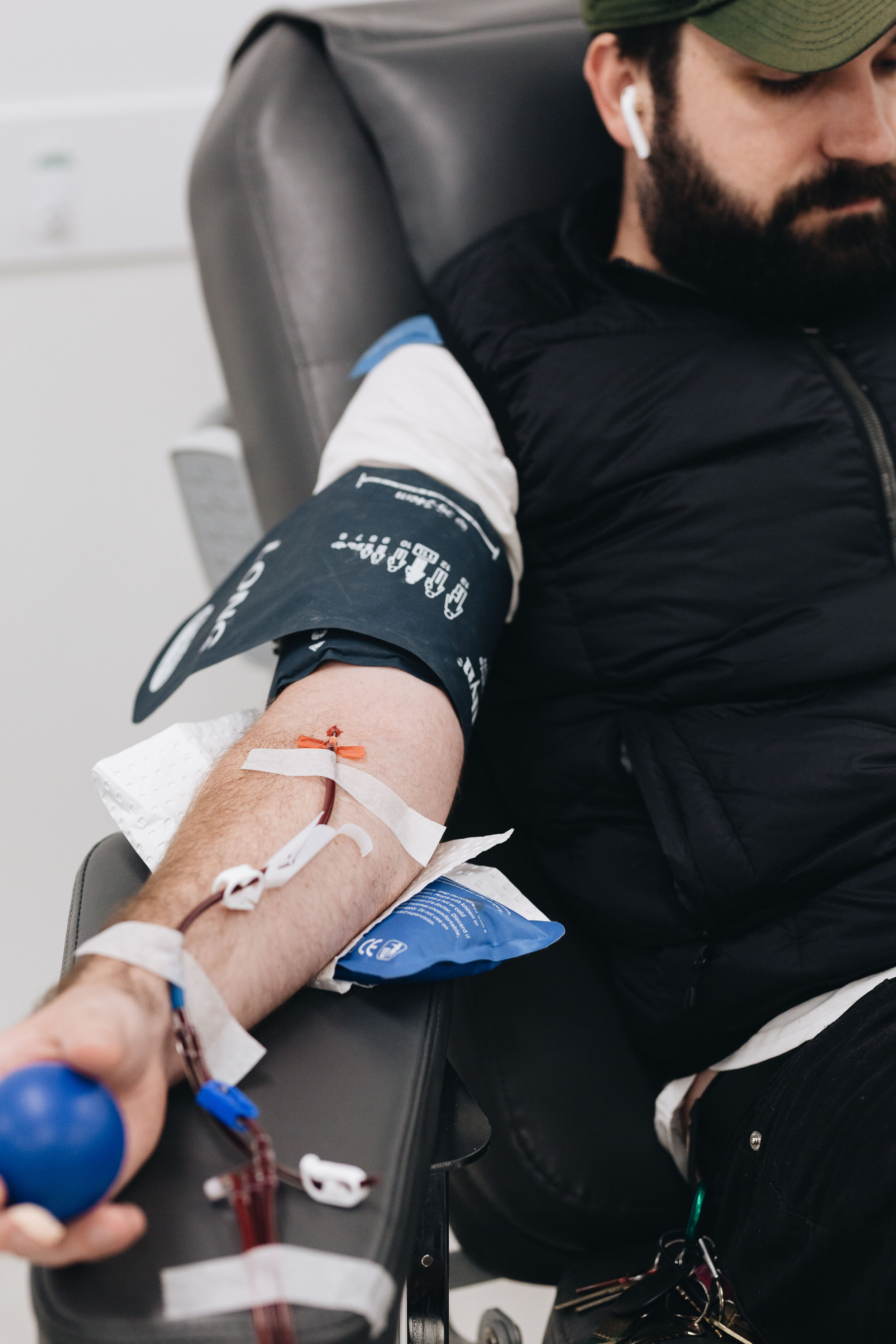
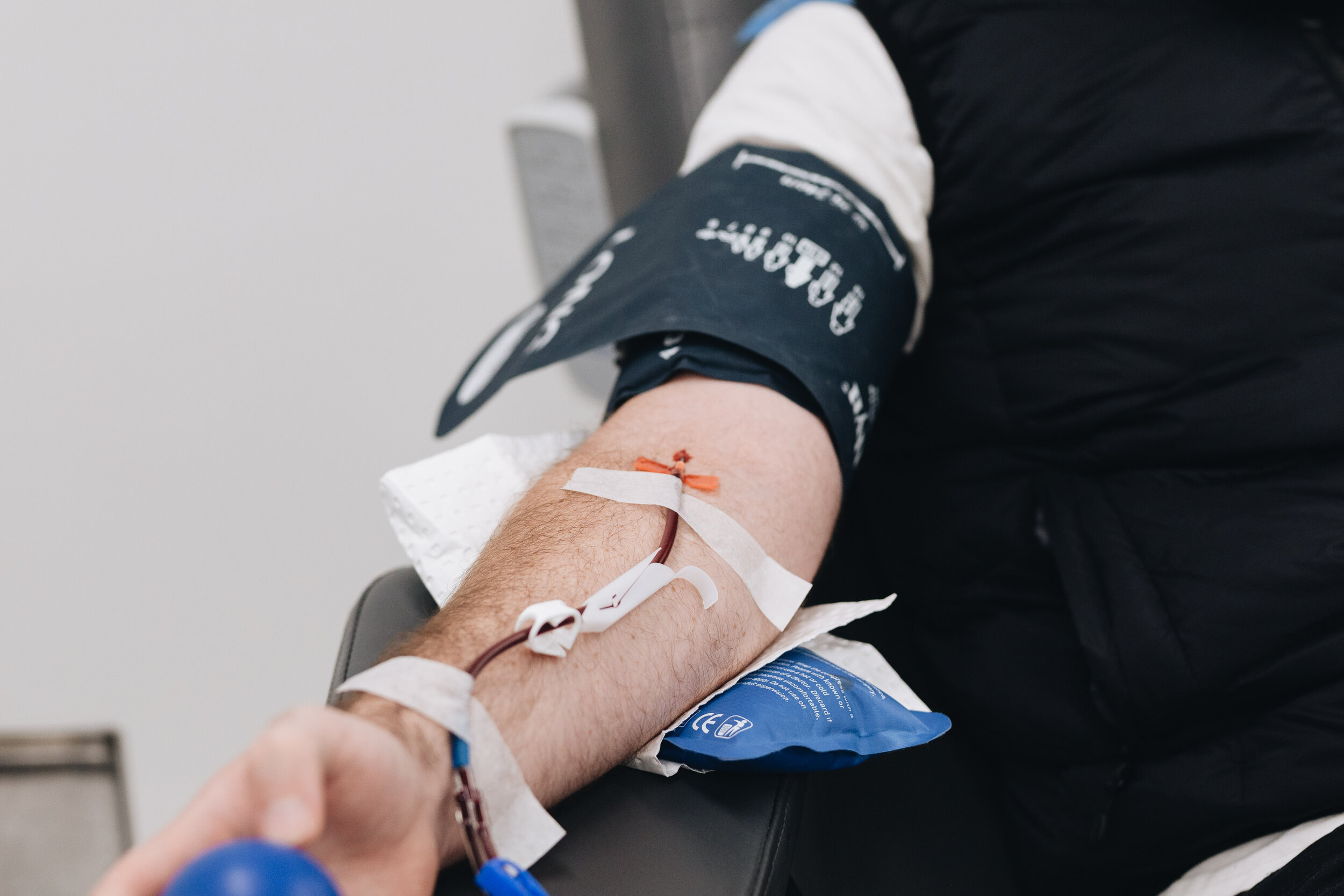
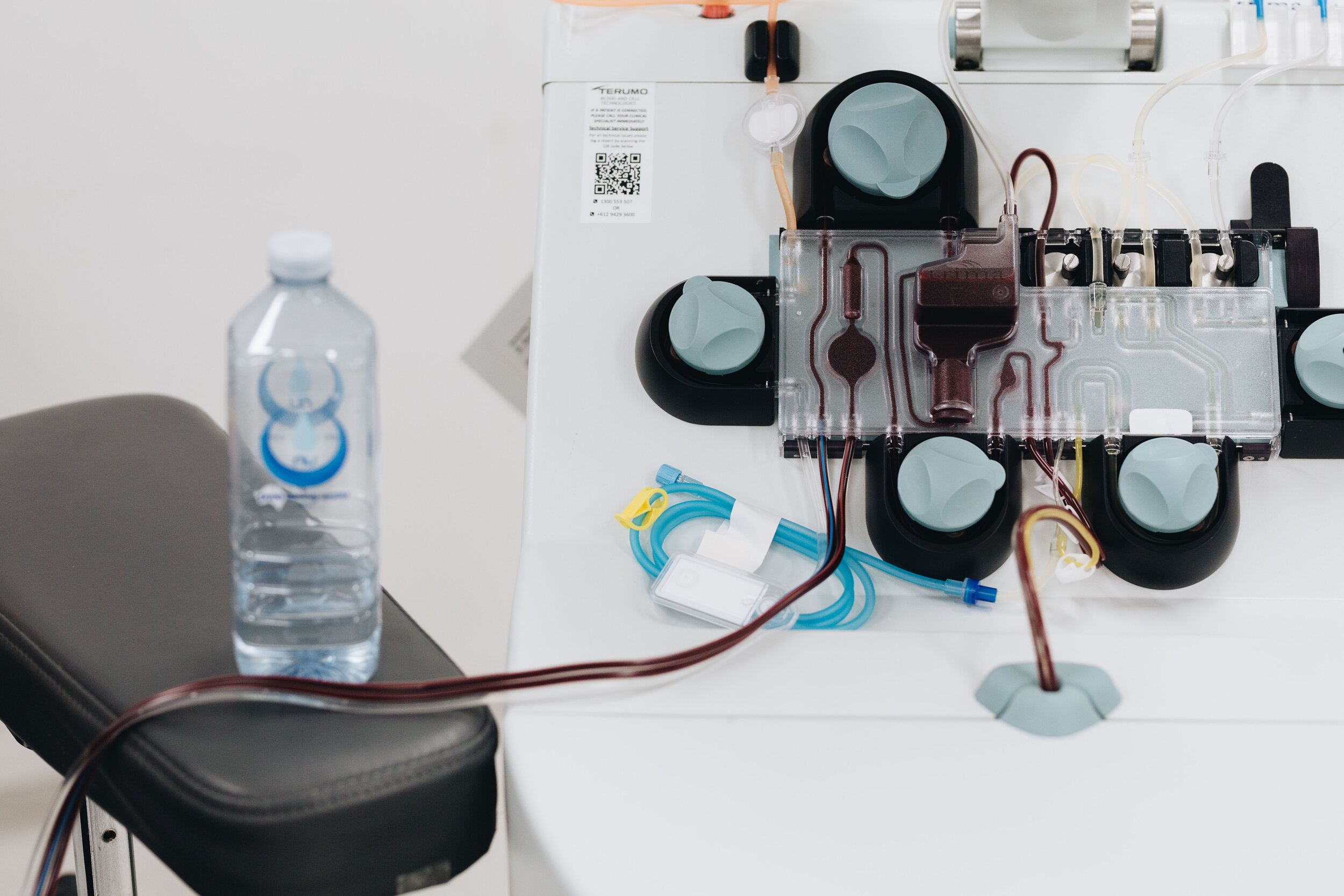
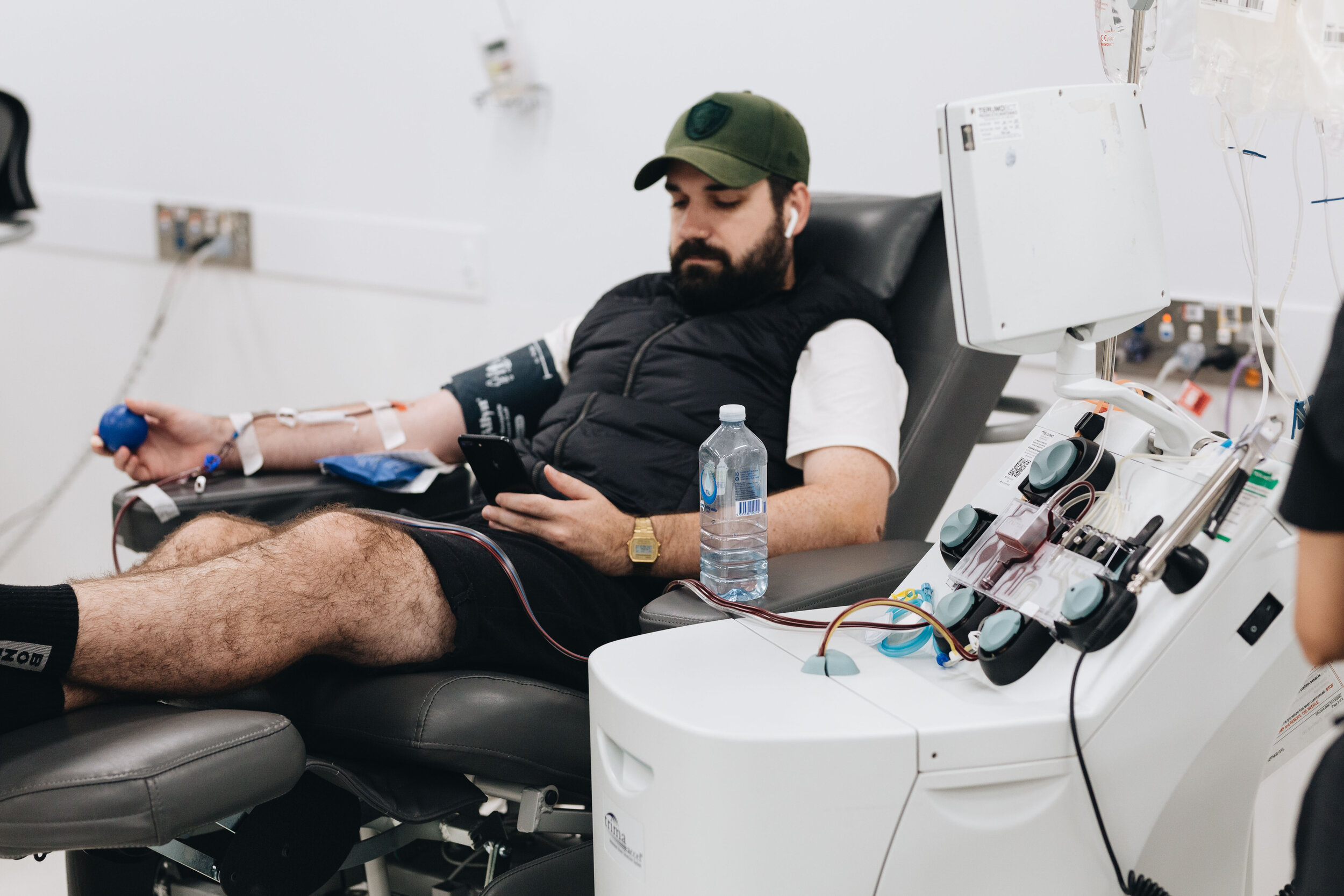
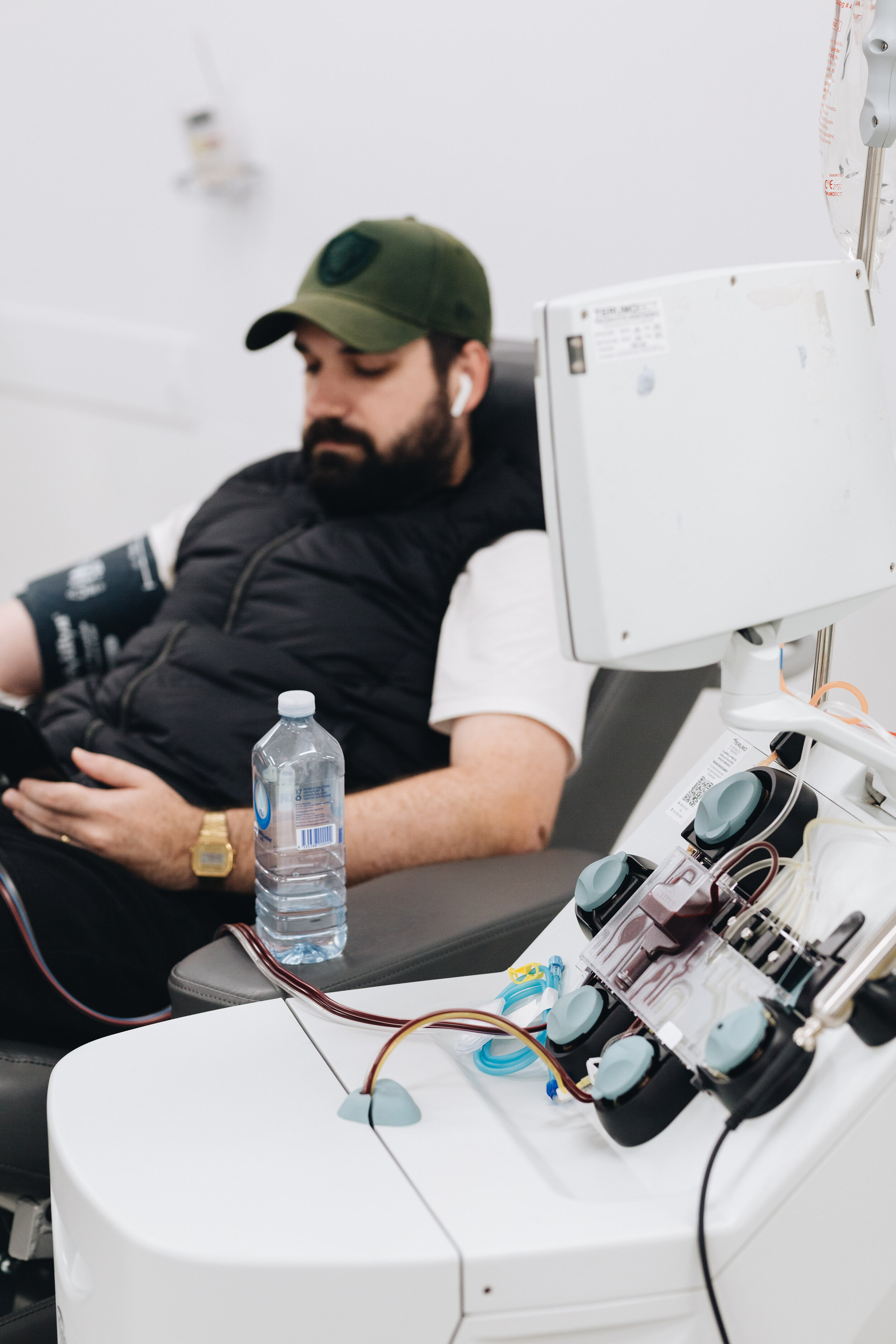
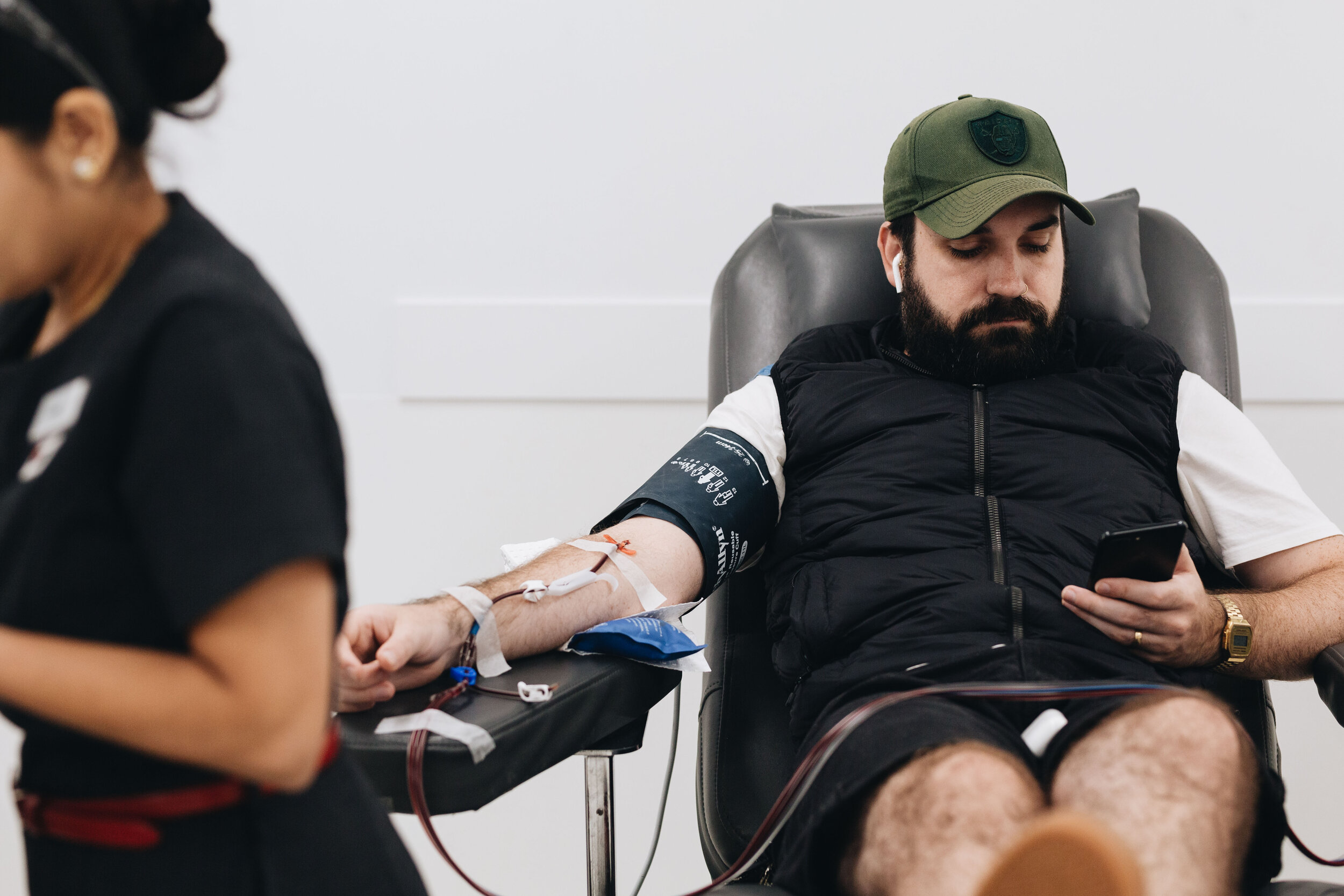
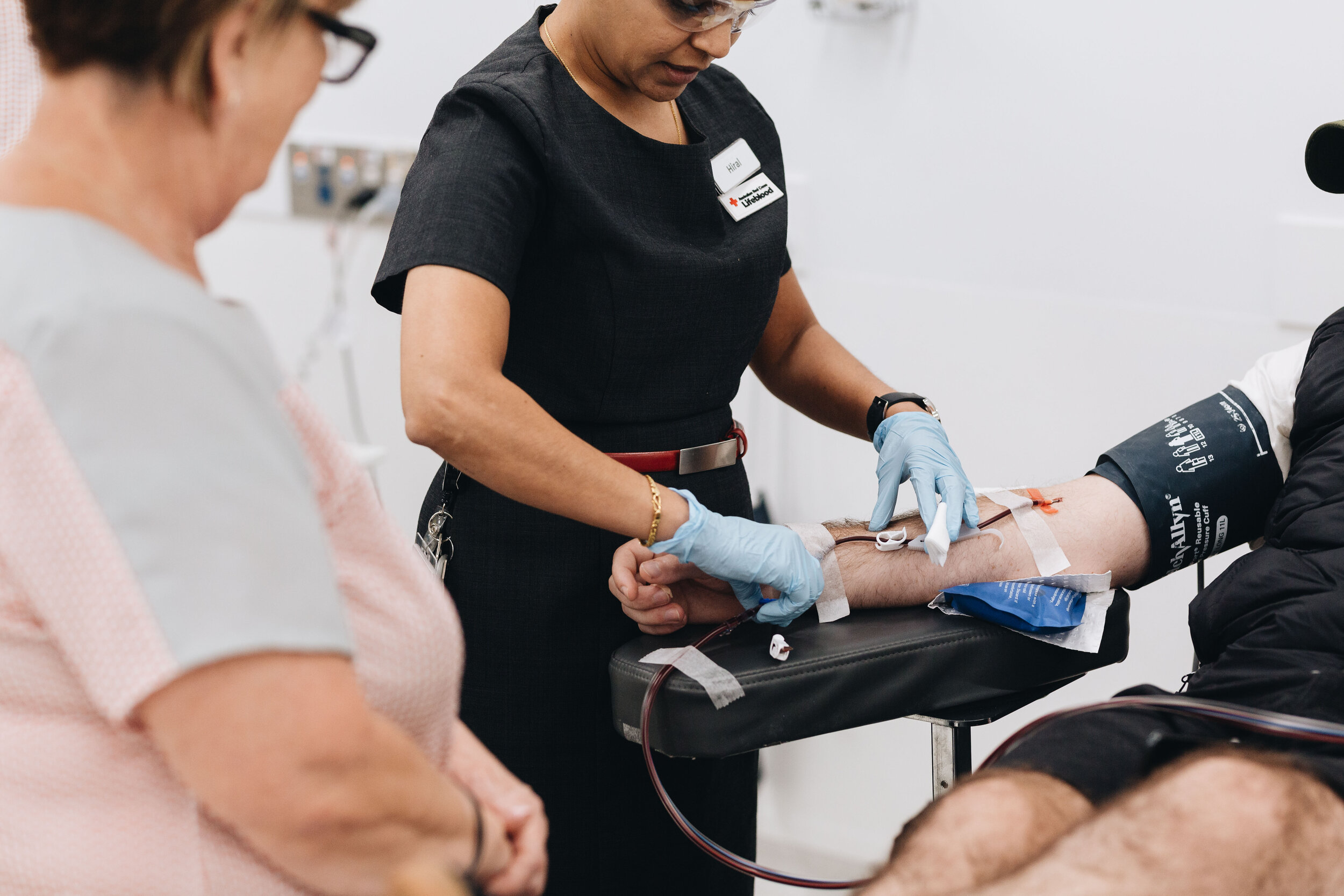
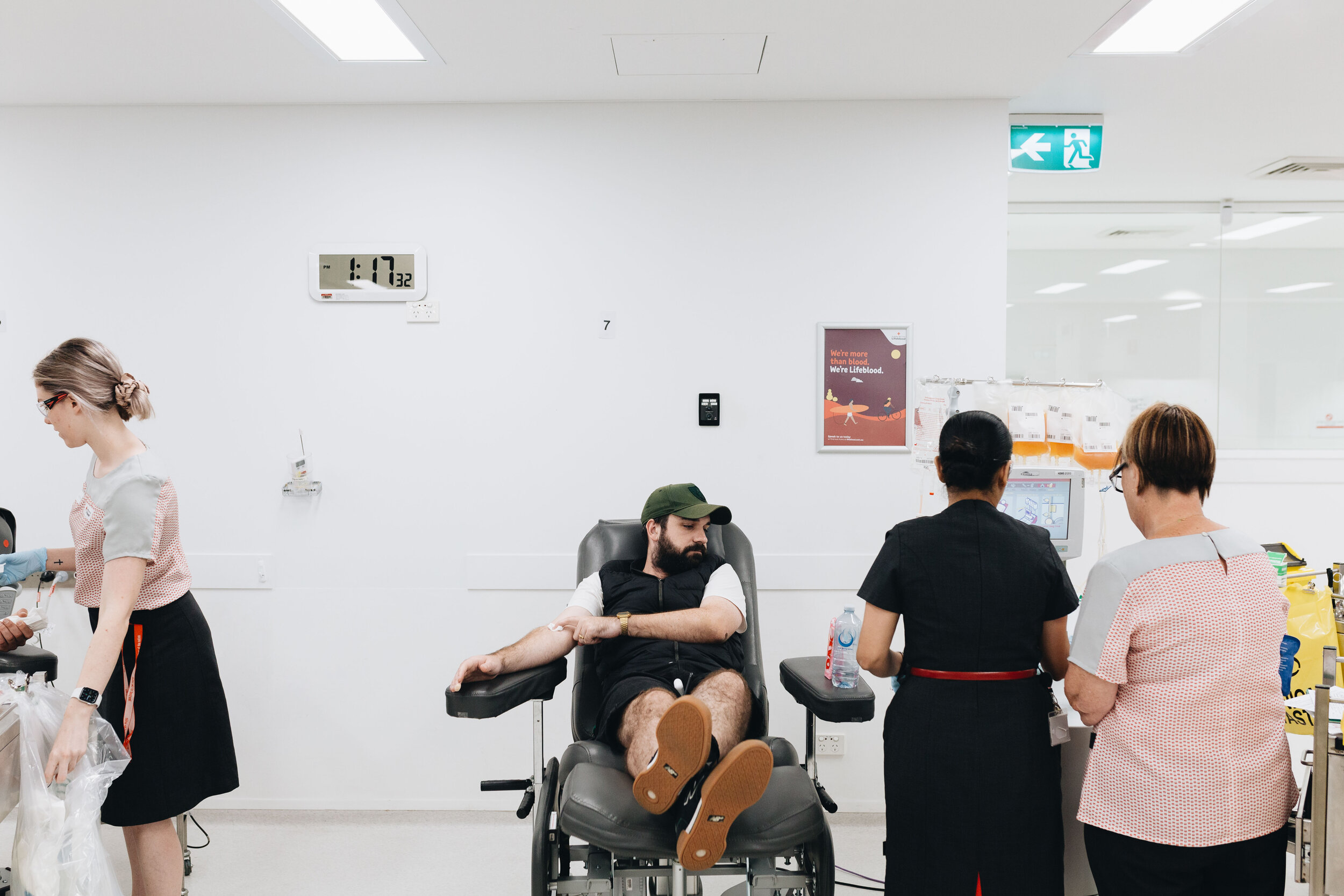
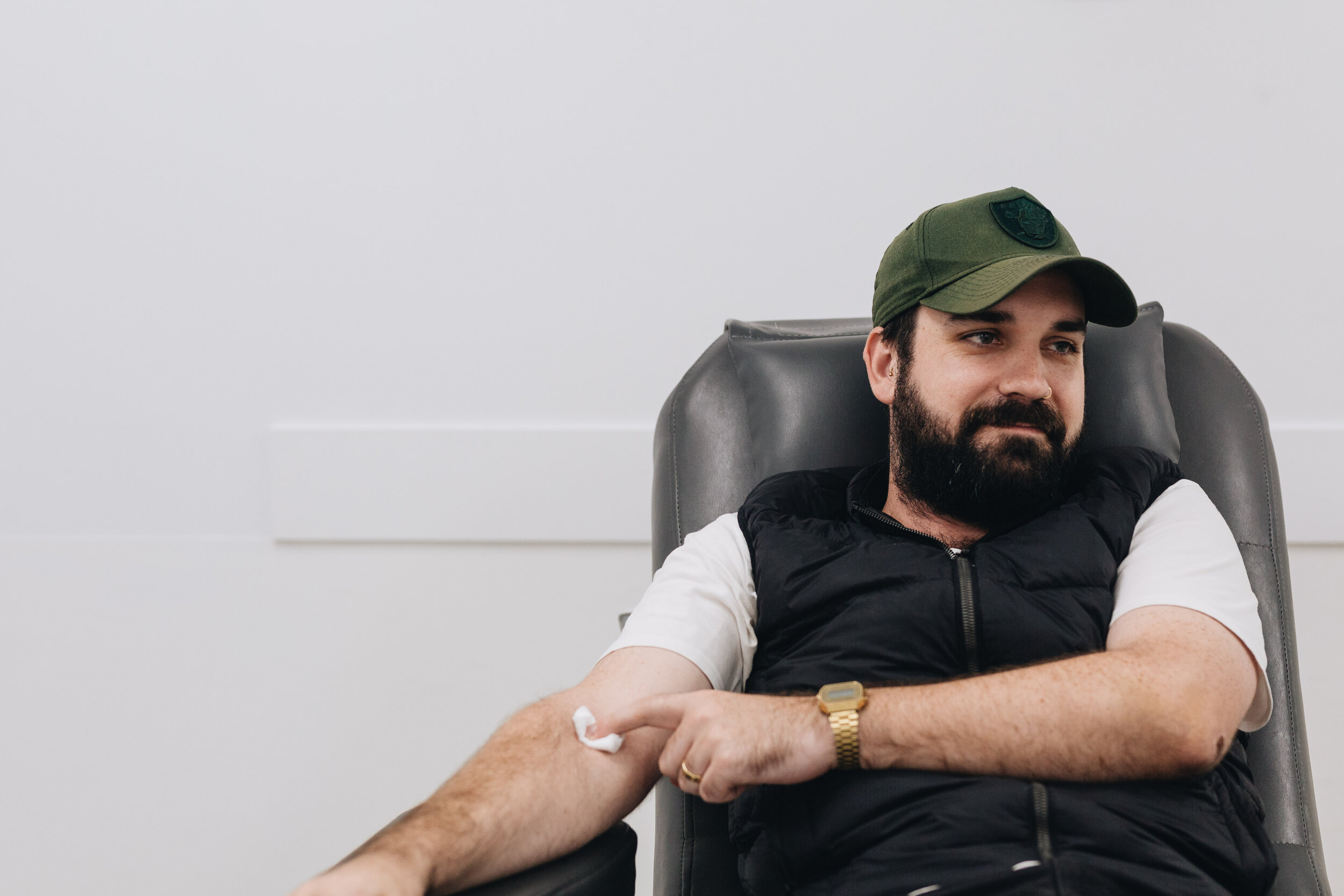
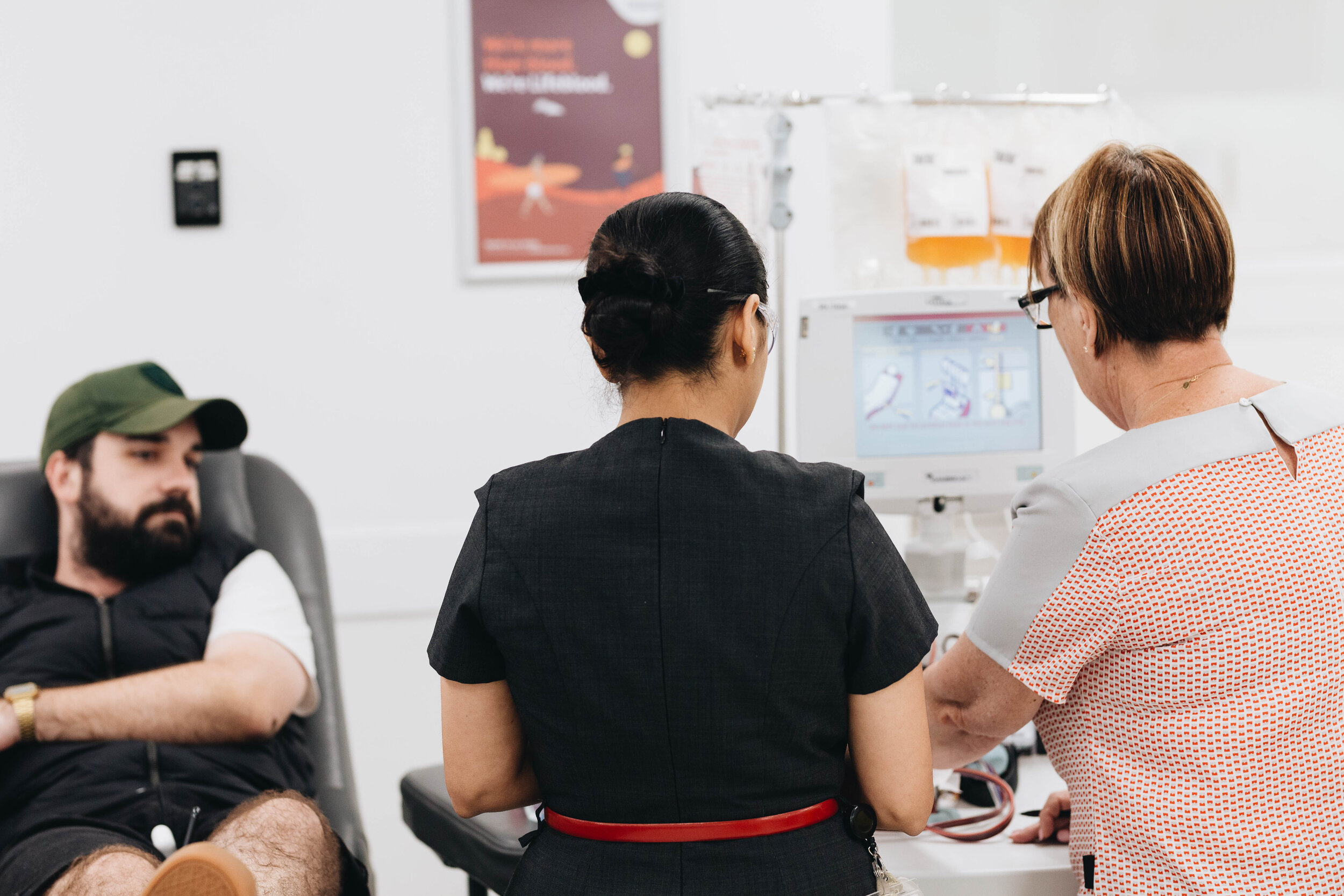
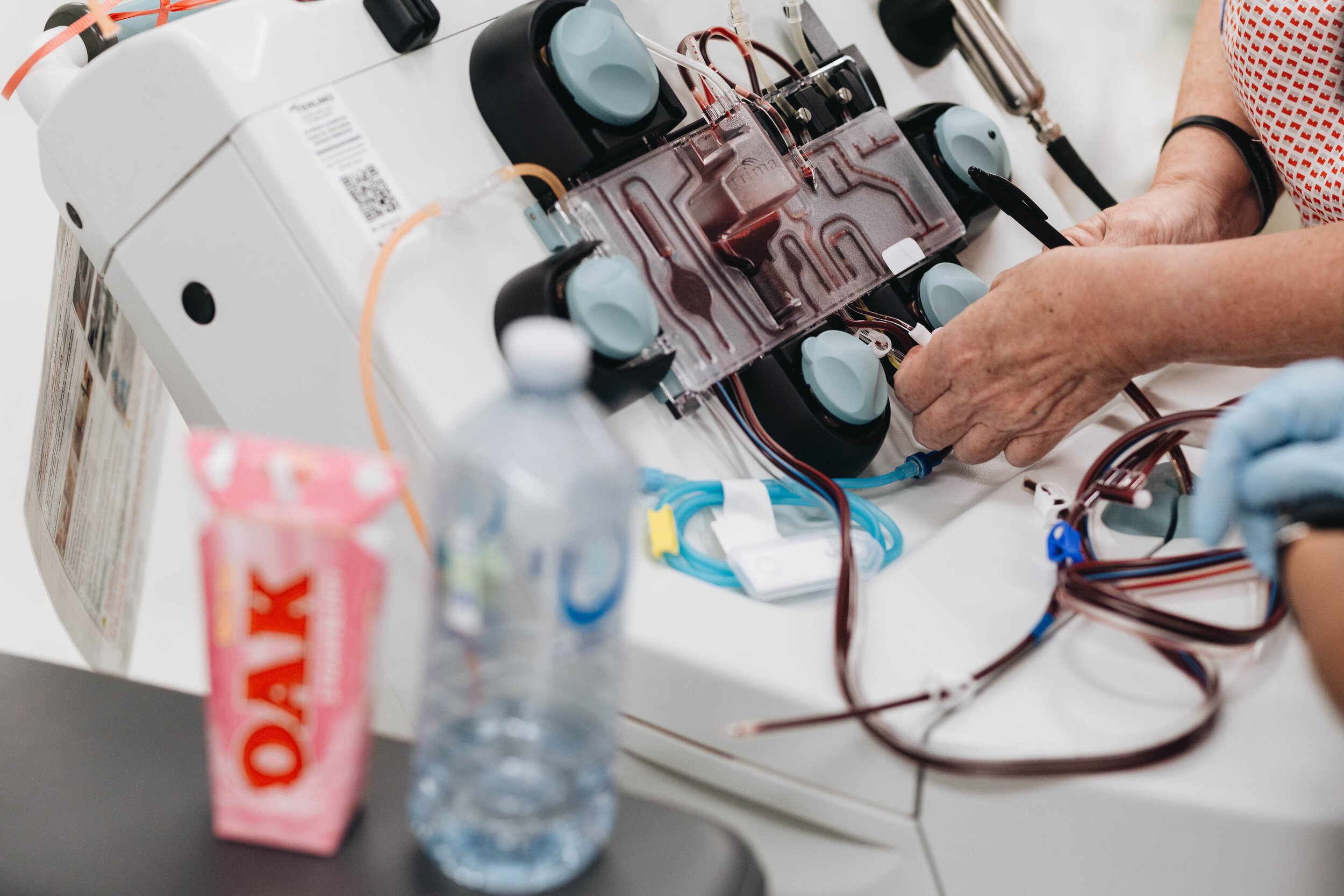
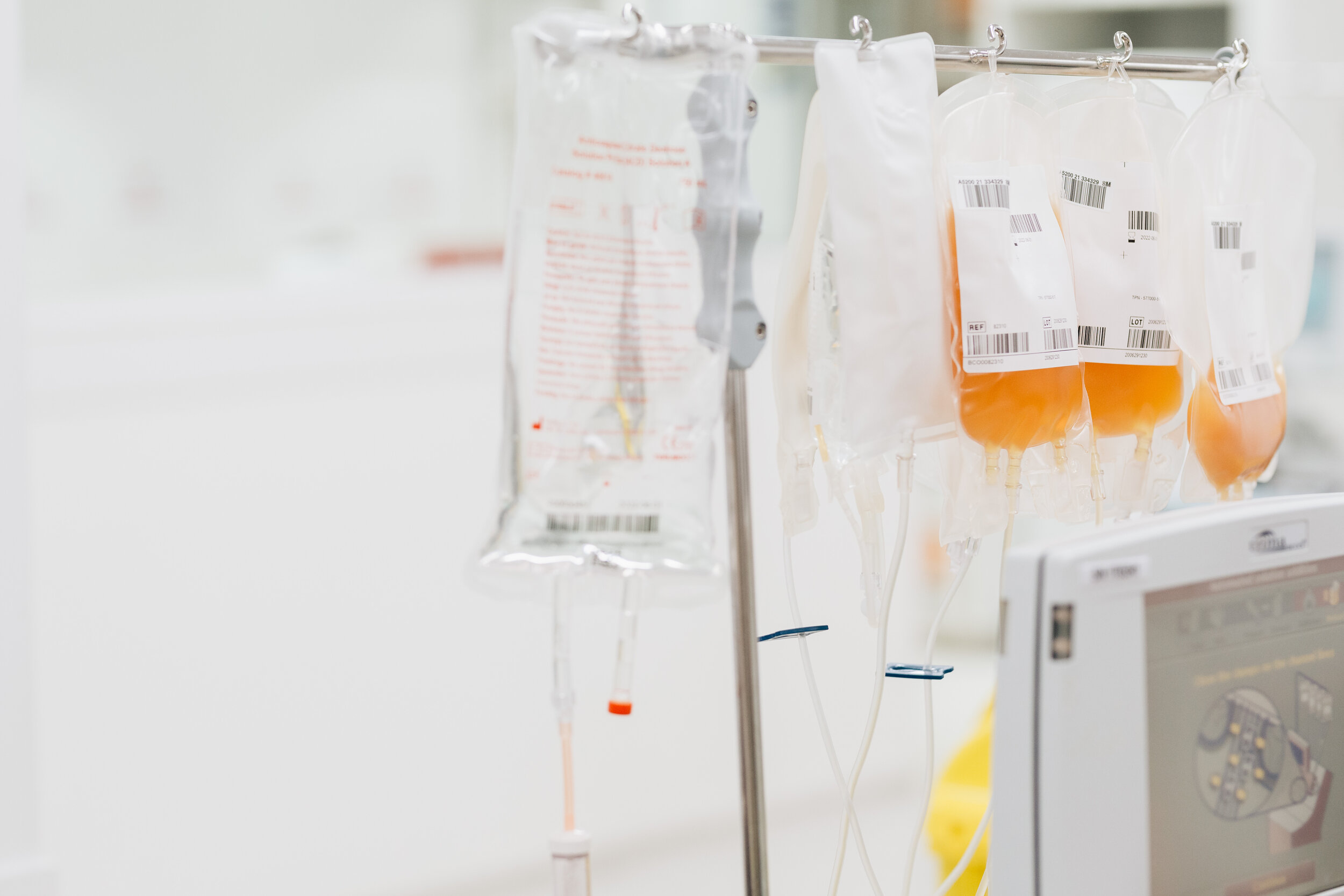
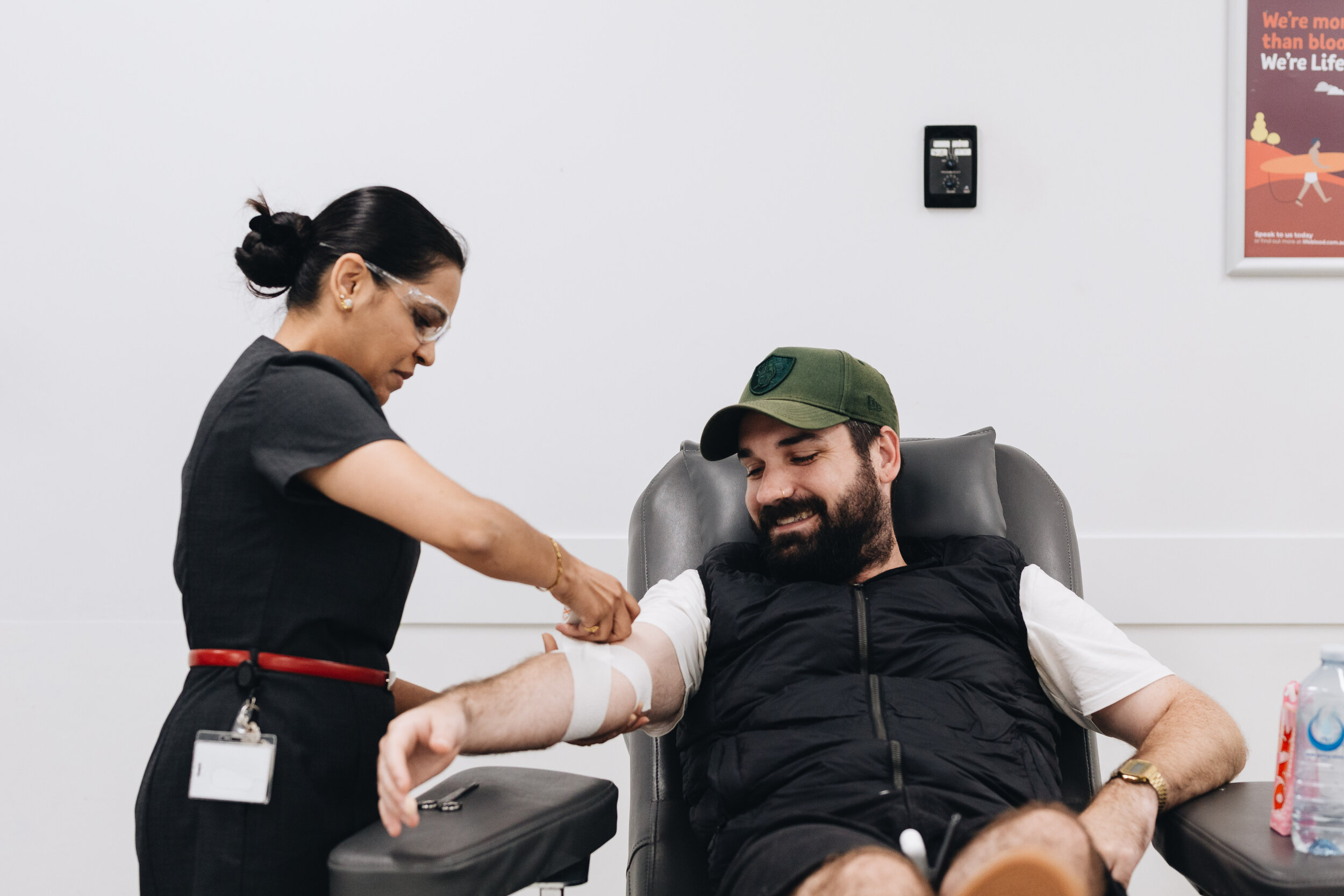
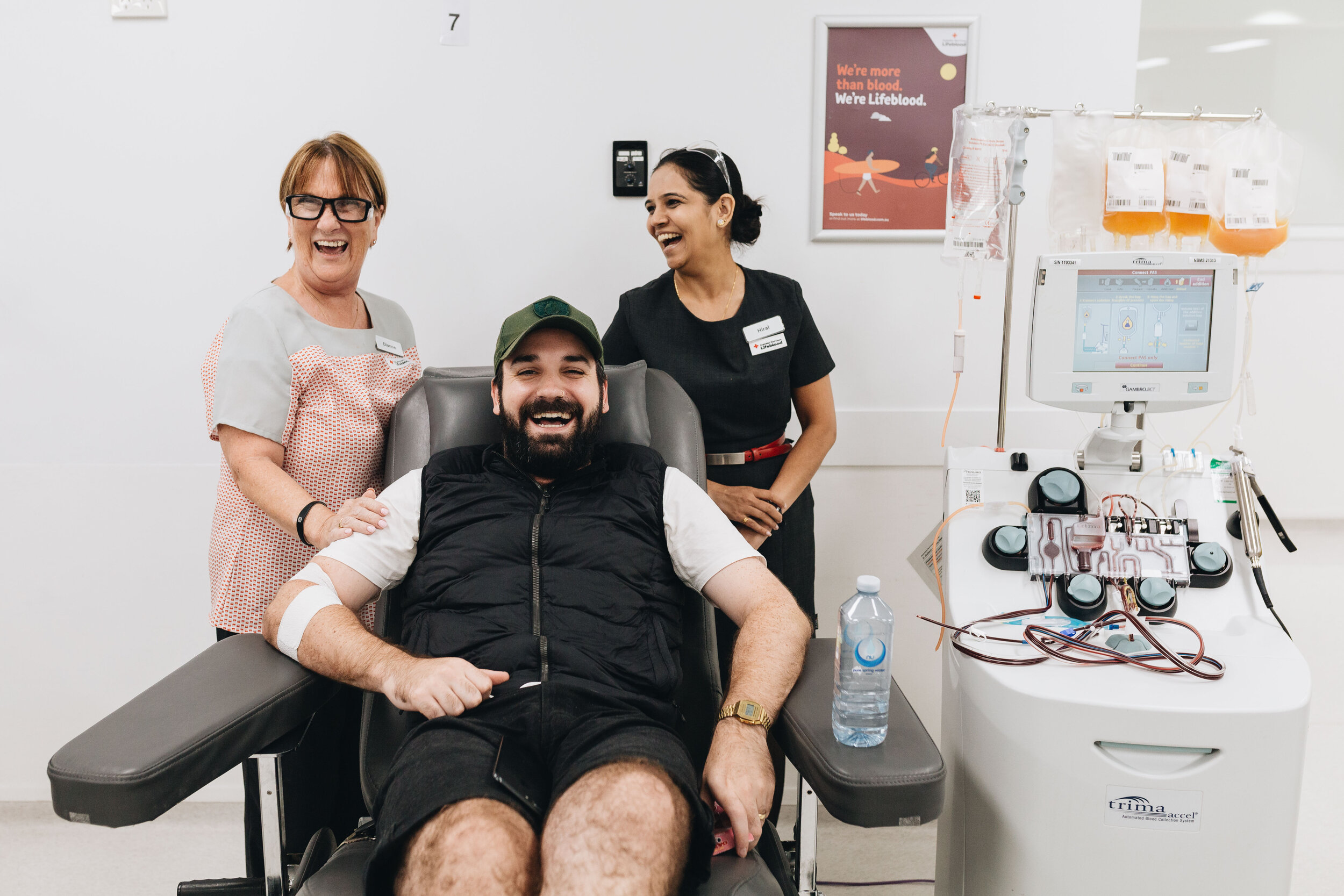
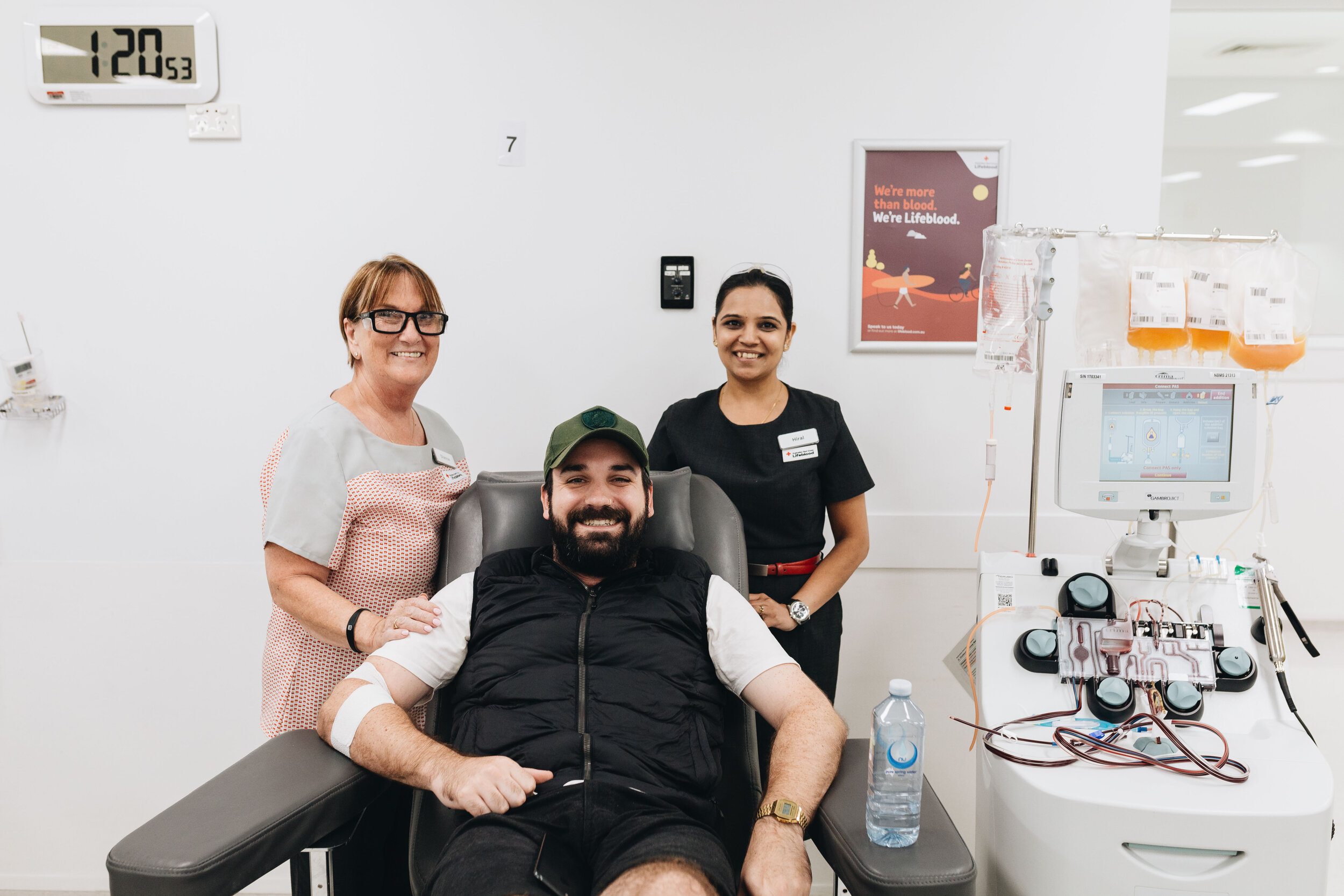
Our blood is made up of several components – red blood cells, white blood cells, platelets and plasma. Each component has a special function. Jackson is a regular Platelet donor. Platelets are the tiny plates in blood that wedge together to help clotting, reduce bleeding and seal wounds. Picture if a blood vessel is damaged, platelets clump together to help “plug the leak”. Platelets are always in demand because they're vital for people with low platelet counts, like many cancer patients. We know some may be put off by reading about donating blood, but according to Jackson “The general atmosphere is super comfortable - and that is not just because you’re lying on a cushioned chair with a milkshake. The staff are super friendly and after a few donations they become family.”
Unlike Whole Blood donations which last for 42 days and Plasma which can be frozen and last up to one year; Platelets must be used within 5 days! So, as you can imagine they are always in need, as this life saving liquid cannot be stockpiled. What’s more is, Lifeblood encourages their donors by sending text messages Jackson explains “Often, I will donate on a Saturday and by Wednesday or Thursday I’ve received a text message saying that my O+ platelet donation is already on its way to give life to someone at Lake Macquarie Hospital in NSW. It’s always a nice encouragement to know the small details of how you’re making a difference.”
If you need any more convincing, Jackson speaks of his how his donating has changed his attitude and a reminder some of us might need: “Regularly donating is as humbling as much as it can be a source of pride. Knowing I am fit and healthy isn’t something to take for granted, it’s something to be grateful for. You’re often not grateful for good health, until you don’t have it; but donating regularly serves up a constant reminder to be grateful. It’s quite a humbling reminder, not only for the good health but to consider those on the other end of the donation. Critical accident patients, those who live with Leukaemia etc.”
If you are able, donating any type of blood is a great way to support your fellow man. If you’ve ever had a friend, family member, or even yourself be admitted to hospital, chances are they may have benefited from a blood donation. Donations are always needed around long weekends and holidays, and we have Easter long weekend coming up, so why not find a donor centre near you and book an appointment!

